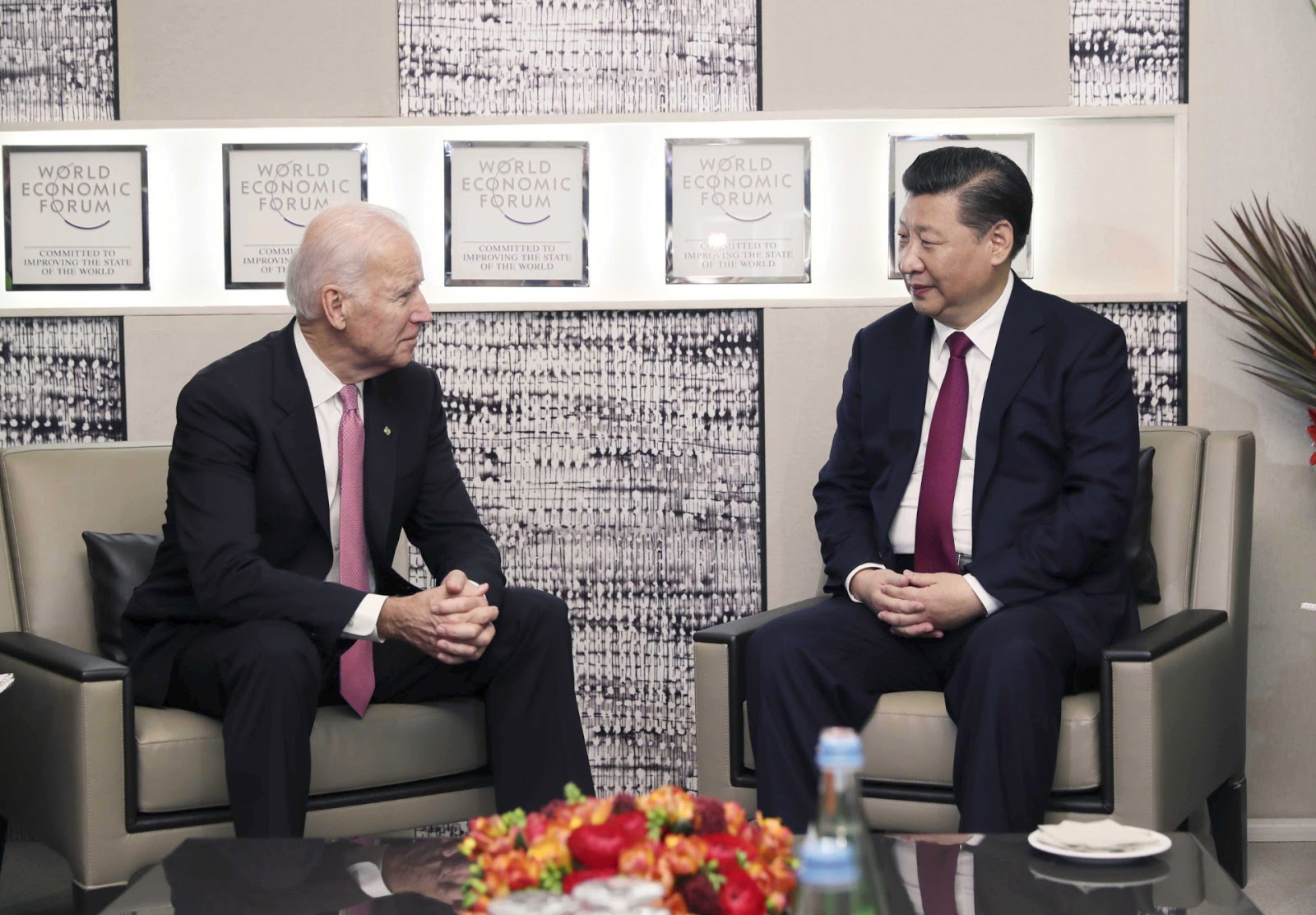Why has China avoided congratulating Biden on his election victory?
Beijing is being careful to avoid angering the Trump administration. Here is the state of play in U.S.-China relations, how Biden might plan to change it, and how Trump could still break a lot of China before his time in the White House ends.

As American news outlets began to confirm, on November 7, that Joe Biden had received the most votes in the decisive state of Pennsylvania, President Trump falsely claimed that he had “won this election, by a lot!” The official newspaper of the Communist Party of China, the People’s Daily, joined in the deluge of derision that followed on Twitter, replying to Trump, “HaHa🤣.”
- The People’s Daily later deleted that tweet (click here for a screenshot), and official state media has remained tight-lipped since then in its reaction to the election result.
- The Chinese Foreign Ministry, one of the most authoritative voices in the Chinese government — a Twitter account of even an official newspaper has questionable significance — later chimed in with this evasive statement (English, Chinese) on the election:
…we noticed that Mr. Biden has declared election victory. We understand the presidential election result will be determined following the U.S. laws and procedures.
[As to when China will send a congratulatory message], we will follow international customary practices.
Why is China avoiding congratulating Biden? The leaders of almost all major countries, with the exceptions of China, Russia, Turkey, Mexico, and Brazil, have said they have spoken to president-elect Biden.
- Beijing may see the outcome as disputed, as long as President Trump does not concede, and does not wish to be accused of “election interference” by the Trump administration.
- Last week, Beijing also avoided provoking the U.S. by banning travellers from many countries, but not from America, despite a huge surge in new coronavirus cases.
How Biden might approach Beijing
The Biden transition team is already at work, though the top priority of a Biden administration is domestic, according to the transition website which promises to “lead a just and equitable recovery that rebuilds a strong, inclusive middle class and builds an economy for the future.”
U.S.-China relations in the Biden era might start on a positive note. Two expected executive actions with relevance to China that Biden could “quickly sign” after taking office, according to the Washington Post, are:
- Rejoining the Paris climate accords
- Reversing the withdrawal from the World Health Organization
Eswar Prasad, a former head of the International Monetary Fund’s China division, told CNBC that the two countries “might see eye-to-eye” on the two issues of climate change and health care.
Everything else appears to be largely speculation at this point — though as the Washington Post points out, China “isn’t betting on” detente with the U.S. For more, see the Wall Street Journal: Biden, as president, will shift U.S. toolkit on China.
Trump still has over two months in office
In the last year of Trump’s time in office, his administration has taken an even harder line on China. The New York Times reported back in July that “some American officials, worried Mr. Trump will lose, are also trying to engineer irreversible changes” in U.S.-China relations.
- Just before the election, the White House published a book of tough-on-China speeches by senior administration officials. National Security Advisor Robert O’Brien, in the introduction of the book, explicitly compared the collection of speeches to the 1946 “Long Telegram” that laid out the U.S. approach to the Soviet Union during the Cold War.
This anti-China trend is unlikely to let up over the next two months, until President Trump leaves office on January 20, 2021.
- U.S. Secretary of State Mike Pompeo approved a batch of weapons sales to Taiwan on election day itself, as The China Project covered last week.
- Pompeo today announced that the U.S. was sanctioning “four PRC and Hong Kong officials” for “threatening the peace, security, and autonomy of Hong Kong.”
The next two months will not be a time of stability. Trump seems to be taking revenge on various administration officials who he perceives to be disloyal — the first, today, was Defense Secretary Mark Esper, as Trump declared him “terminated.”
There is also a possibility, as James Palmer writes at Foreign Policy, that Trump, feeling even more aggrieved than normal, will end up amplifying conspiracy theories about Chinese election interference.






